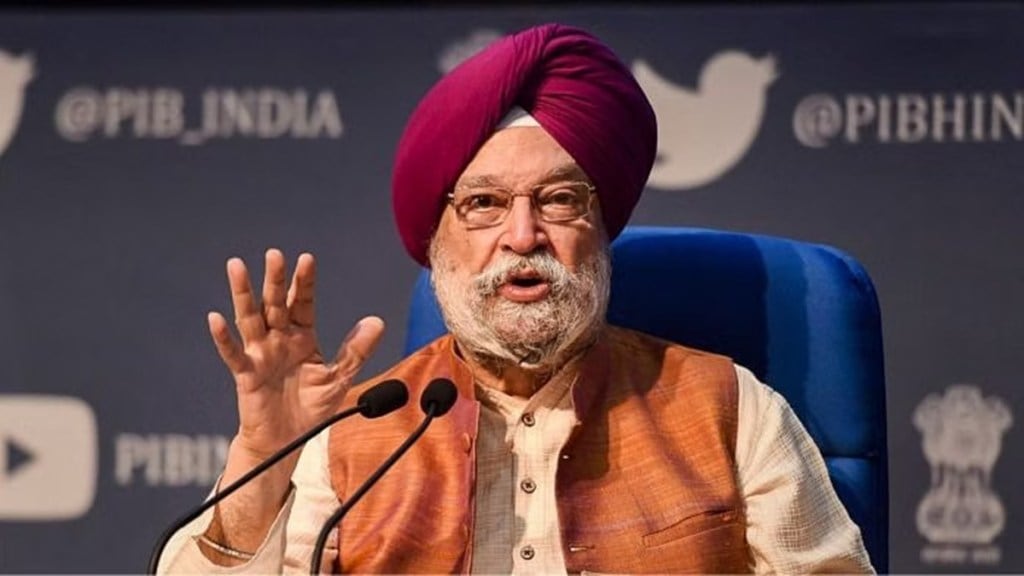Union minister for petroleum and natural gas Hardeep Singh Puri on Thursday said that with more oil coming to the market and easing of geopolitical tensions, the global oil market situation will calm. He noted that major oil consuming countries including India are not likely to face any shortfall of oil supply on account of more oil becoming available to the market.
“More oil is coming to the market, so one expects as a result of that the market situation will calm and the producers who have cut back will also decide if there is more oil coming they might as well use the oil that they have in order to earn revenues,” Puri said on the sidelines of CII’s 12th Public Sector Enterprises Summit.
Puri highlighted that Brazil with a oil production capacity of 3.3 million barrels per day is bringing about 300,000-400,000 barrels of additional oil per day. “If our assessment is correct, Americans also will bring another 1 million barrels per day of additional oil in the market. What we need is stability and predictability so that in the period ahead countries can base their decision on lines which are predictable.”
Crude oil prices have been following a volatile trajectory ever since the conflict between Israel and Iran escalated. On Thursday, Brent prices hovered around $72.5 per barrel on expectations of higher global production amid forecasts for weak demand growth.
The US Energy Information Administration raised its estimate for US oil production by 300,000 barrels per day to 13.23 million barrels per day this year.
“Stability in oil prices depends both on the availability and global geopolitical situation calming. If there is trouble in one area then it will result in shippers having to take longer routes which means increase in freight rates, increase in insurance rate,” Puri said. “All things being equal, if there is more oil coming into the market and if the global situation also eases, then we can hope for a more predictable assessment,” he said.
India, recently, intensified efforts to expand crude oil purchases from Brazil amid escalating Middle East tensions. However, plentiful availability of discounted Russian crude and logistical hurdles could pose challenges in boosting purchases from the South American supplier S&P Global Commodity Insights had said.
Amid rising global output, the government is also focusing on increasing the country’s domestic production of oil and gas in order to reduce its import dependency.
The oil ministry has introduced a Bill in Parliament to amend the Oilfields (Regulation and Development) Act, 1948 broadening the definition of mineral oils, which previously included only petroleum and natural gas. The updated definition now includes any naturally occurring hydrocarbon, coal bed methane, oil shale, shale gas, etc.
The government is now expected to come out with the bids for oil and natural gas assets under the tenth round of Open Acreage Licensing Policy in the beginning of 2025 and hopes to receive a greater number of participation from the private sector. Moreover, the government expects the contracts for the upcoming 10th round to be signed as per the reforms mentioned in the Oil (Regulations and Development) Amendment Bill, which is expected to be passed in the upcoming winter session of the parliament, as per a senior government official.

